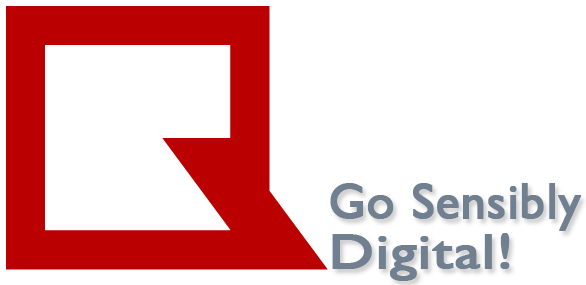Introduction:
Traditional ERP has undergone a steady transformation into a more scalable & accessible model by adapting to cloud infrastructure. This latest trend in ERP functionality has made remote access possible for a dynamic industry like healthcare. ERP on-premise’s products contributes to 95% of the operational ERP across healthcare industry. Efforts been done to slowly transform operational ERP deployment on cloud for better agility. ERP enables integrated, real-time management of core business processes such as cash flow, payroll, capacity planning and purchasing.
ERP systems simplify the management of financial data within hospitals and health systems, which typically manage revenue (from patients and insurance claims) and expenses (capital, labor, supply chain, etc.) using disparate software systems.
Industry Insights:
Healthcare ERP market size is projected to reach USD 10.3 billion by 2028 and to grow at a compound annual growth rate of 6.6% from 2021 to 2028. Following the COVID-19 pandemic, several healthcare organizations implemented ERP systems to automate and streamline their business processes. In 2021, the finance and billing function segment dominated the market, with front-end revenue cycle management processes such as patient access being integrated with back-end activities such as claims management. It is expected that inventory and material management will grow significantly over the forecast period, as it offers real-time access to manufacturing and supply chain management. Cloud-based ERP systems or cloud enterprise apps for Healthcare are rapidly replacing on-premises systems, which cost approximately between $ 50 million and $ 150 million. Cloud-based systems do not require upfront investment and are based on recurring fees.
Key features in Cloud-based ERP systems or cloud enterprise apps for Healthcare:
A user-friendly interface is one of the highlights of ERP software. Among the features that customers appreciated were the workflows for completing tasks and the report generation feature. In addition, tracking transactions from beginning to end and performing searches in multiple ways provide users with a positive experience. customization, and the automatic invoicing feature is often a part of the desired features planned in an advance ERP. Businesses can identify trends and analyze complex datasets with the help of BI modules in ERP products. There are some modules that cater to industry-specific needs. All business functions can also be managed from one platform. It can be integrated with any third-party application, and many customers customize the product to meet their specific needs. Using the database, users can view approval statuses, invoices, and payment progress. The relationship map and the query generator are some of the unique features.
Key features in Cloud based ERP Solution for healthcare which CIO’s normally want the ERP to address are the human error and lost time caused by repeated data entry across scheduling software, billing and reimbursement software, and CRM software. ERP to easily integrate their supply chain workflow with vendor invoicing, as well as the specific needs of all their facility locations. Hospital or facility can avoid compliance violations if healthcare ERP track compliance measures both internally and externally. Healthcare providers can use predictive analytics to assess several risk factors that could lead to a critical, life-threatening event in a patient.
Next Generation ERP:
AI-enabled ERP systems have advanced data processing capabilities and data analytics for improved decision-making. Moreover, these systems can also be utilized to forecast, handle warehouses, automate sales and marketing, evaluate performance, and manage the financial side of business.
Pandemic period between 2020-21 has laid open all susceptible vulnerable points where healthcare infrastructure failed to deliver as expected. Next generation digital transformation company like Quocent identified and acknowledged the susceptible points in services delivered by the healthcare service provider systems. Therefore, have partnered and improvised expertise in advance cloud ERP consulting & implementation. A brief discussion on your pain points can help Quocent to address & consult you the best possible solution available to amend the stop gaps.



